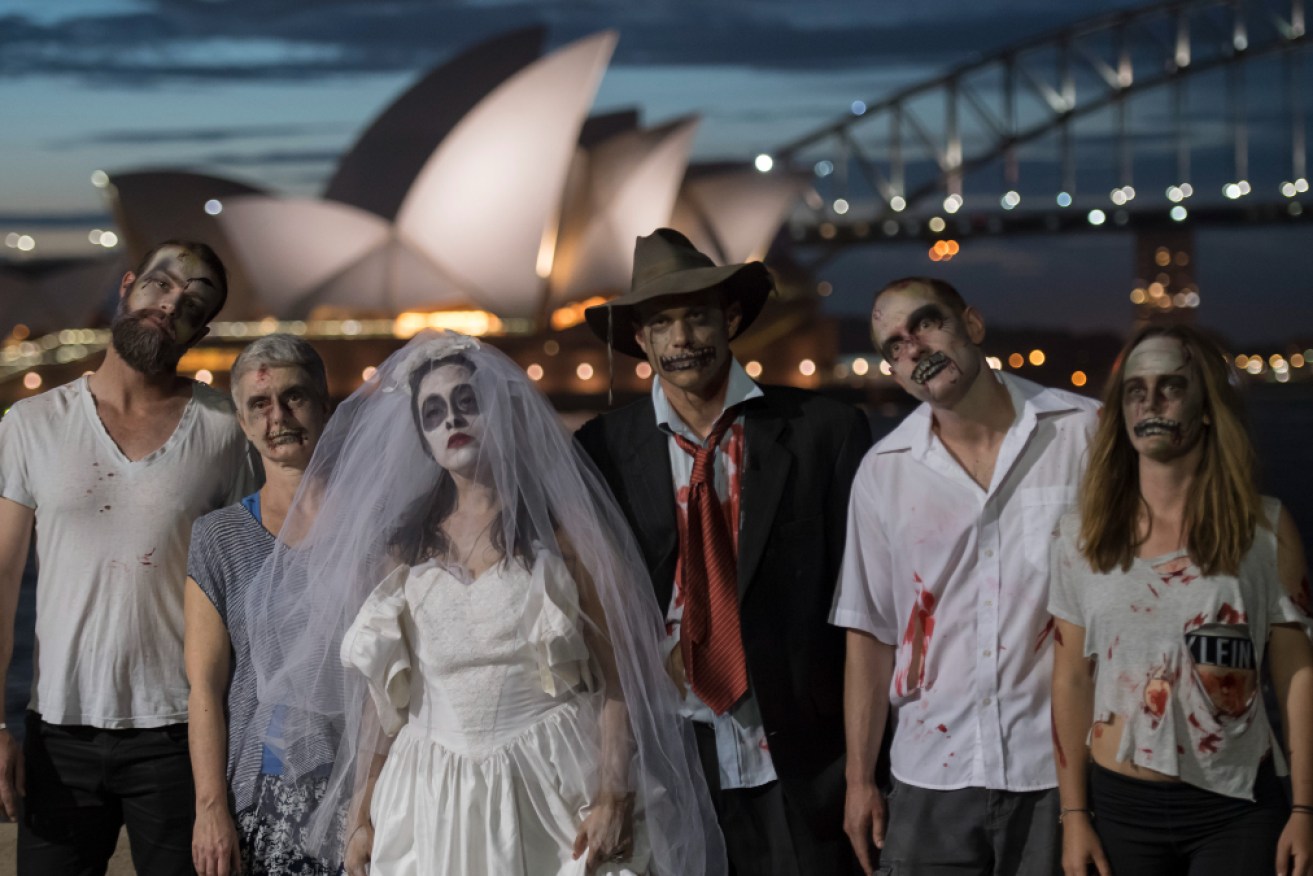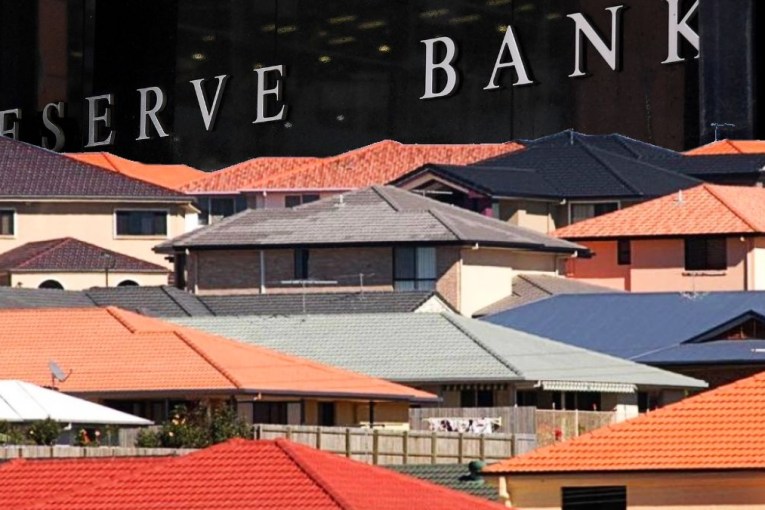Australians are increasingly embracing Halloween. Here’s why


Halloween is steadily becoming a standard event in the Australian calendar. Photo: Getty
The spooky season might be imported from the United States, but consumers are expected to spend hundreds of millions of dollars on this year’s Halloween celebrations amid a push from retailers.
One in four Australians intends to celebrate Halloween this year by attending or hosting a themed party, decorating their homes, wearing costumes, or welcoming trick-or-treaters, Australian Retailers Association and Roy Morgan’s first annual Halloween survey found.
Consumer spending for the event is forecast to reach $430 million, an average of $86 per person.
ARA CEO Paul Zahra said Halloween festivities would help build sales momentum for retailers ahead of Christmas, and businesses were keen to make the most of it.
“Halloween is growing in status as an Aussie tradition and has become a highly anticipated seasonal event for many retailers,” Mr Zahra said.
“Businesses are coming to the party with themed windows and store displays as part of big promotional push in the lead up to October 31,” he added.
Retailers lead Halloween push
University of Tasmania retail expert Louise Grimmer told The New Daily the US holiday had exploded in popularity locally over the past six years.
While Australians were always looking for a good excuse for a party, she said retailers had definitely encouraged the popularity.
Tweet from @sallyrugg
“Retailers have been instrumental in driving consumer demand for Halloween decorations, costumes, props for their houses, ” Dr Grimmer said.
“Big W, Kmart, even some of the supermarkets have been really driving this.”
However, not all Halloween promotions are a success story.
Woolworths landed itself in hot water last year after customers found its decorative skeletons and spiderwebs too scary for children in stores.
Paul Harrison, a consumer behaviour expert from Deakin University, said opportunistic retailers aside, Australians were embracing Halloween as it presented a non-religious reason to celebrate.
The past 50 years have seen a steady rise in Australians reporting no religious affiliation, so people were replacing religious rituals with more secular options such as Halloween and Valentines Day, Dr Harrison said.
“What people want to do is connect with others,” he explained.
Borrowed from the Celts
Halloween’s origins are rooted in the ancient Celtic festival of Samhain marking the end of spring. Originally, people would light bonfires and wear costumes to ward off ghosts.
The modern-day version celebrated in the US and internationally is far more commercial than historical celebrations, and with the traditional date falling at the start of Australia’s summer season, the holiday looks likely to transform further.
While more kids are trick-or-treating, adults are the key Halloween demographic. The ARA and Roy Morgan data shows one in five people who will celebrate Halloween will hold or attend a party without children.
“[People are] adopting the activities, as opposed to the reason for it,” Dr Harrison said.
“Australians are borrowers. We tend to take elements of different things that kind of fit with us.
“Ultimately, it becomes a capitalist experience. There isn’t really that authentic gathering around the idea of the festival itself … it’s more about how we use that to make ourselves feel better and bring people together.”








